Whether pupils are studying Shakespeare, modern sonneteers, novels or 21st century non-fiction, English teachers promote a sharply inquisitive and exploratory approach to learning from Year 7 through to Year 13.
Pupils are encouraged to be curious about the history of English Literature, to ask questions about and explore the nuances of language, to learn new vocabulary, speak confidently and to be active readers and listeners.
In KS3 we study a range of texts including ‘Animal Farm’, ‘Blood Brothers’ and World War One poetry, as well as ‘Romeo and Juliet’ and ‘Julius Caesar’. In KS4 we follow the AQA syllabus for English Literature and English Language, giving our pupils exposure to canonical texts such as ‘A Christmas Carol’ and ‘Macbeth’. If pupils choose to take English further at A Level, we offer two courses: English Literature and a combined A Level studying both English Language and Literature. These qualifications are engaging, dynamic and offer fascinating opportunities to delve more deeply into literature, considering how it is influenced by context, and how it is received critically. Both courses offer the opportunity for an extended personal study with a coursework assignment. They are rewarding and highly regarded by universities.
The English Faculty offers an array of exciting extra-curricular opportunities which may change during the year, including Poetry Club, Comedy Writing, Creative Writing and Editing, Junior Book Group, and a Literature into Film club. Sixth Formers can also engage with the writing and editing of the school magazine ‘A’. We also run a variety of cultural events throughout the year, including trips to local and London-based theatres, as well as inviting authors and poets to visit the school to run workshops and deliver talks. There is also often the opportunity to experience book fairs.
Diversity in Literature
In Year 7, pupils begin their literary study with a unit of work based on an EMC publication ‘Diverse Shorts’, a compilation of short stories and extracts from writers such as Sita Brahmachari, Benjamin Zephaniah, and Alex Wheatle. The collection encourages pupils to engage critically with perspectives on diversity, individual and group representation, identity, authority, and change in society. In addition, the study of Shakespeare’s ‘Julius Caesar’ in Year 8 allows students to also look at effective rhetoric in the speeches of Martin Luther King, Nelson Mandela, and Maya Angelou. In their study of non-fiction, students can also explore essayists such as Chimamanda Adichie and Nikesh Shukla. At GCSE, students study a diverse range of poets in their Power and Conflict cluster as well as the Unseen Poetry unit, along with looking at extracts from contemporary writers such as Angie Thomas, author of ‘The Hate U Give’, and Yann Martel, author of ‘Life of Pi’, for their English Language GCSE. At A Level, the Edexcel curriculum requires pupils to apply post-colonial, ecocritical and feminist theory to a range of diverse 20th Century poets. They also have the opportunity to focus on the female authors Mary Shelley and Margaret Atwood.
